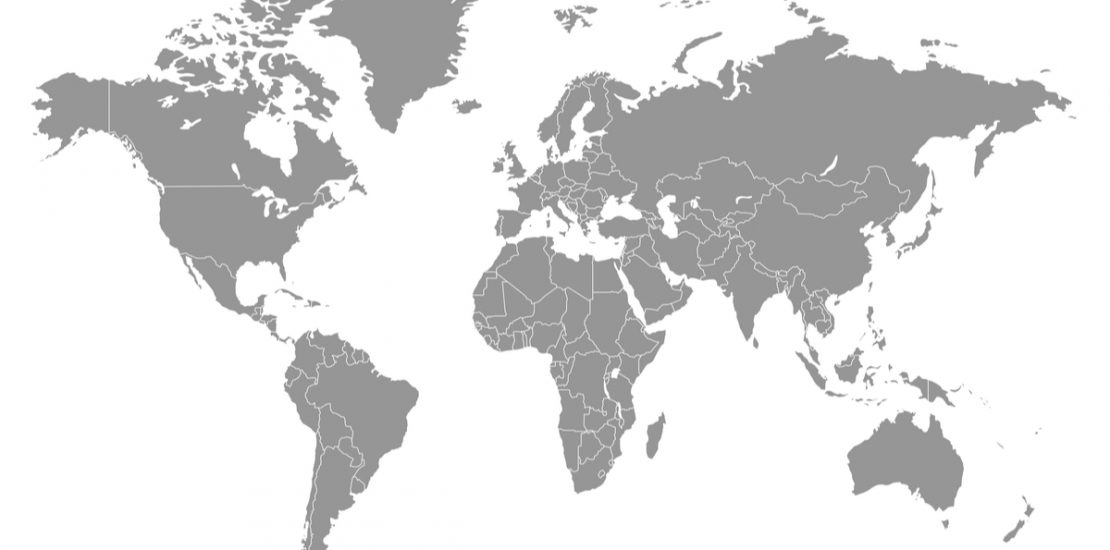Living in a Gray World
- August 1, 2022
- Posted by: Philip Struble
- Category: Uncategorized

Some people see everything in black and white, right and wrong, good and evil. Others see an ocean of gray with nothing ever firmly planted on one side or the other.
Unfortunately, what is seen as gray are our ethical choices.
A Gray World
The principles of ethics are a vital part of historical values that have grown over time, allowing for safer and more equal work environments. The laws of ethics protect us from sexism, discrimination, disrespect, confidentiality breaches, and, overall, are concerned with people’s welfare.
Although ethical principles of leadership seem very cut and dry, such as respect others and doing no harm, there is an overwhelming grey area.
We now see in our business world a certain level of unethical decision-making that we, the public, often accept as normal. Just consider how often we hear of “leaked” information where a person is willing to forgo the privilege of trust and divulge secret information.
There is no clear definition of this grey area of ethics, and for many, there is no sound solution on how to close this gap. So, it is left to the devices of our subjective moral judgments on how to handle certain ethical situations.
Ethics
Ethics is concerned with values and morals—and how these two components can be added together to safeguard the welfare of others and protect their privacy, dignity, and personal values.
Morals are defined as a person’s individual motivation for their behavior in response to what they believe is right and wrong. And a person’s values are what they believe to be personally and socially acceptable.
The ethical question is often how far a person is willing to push the moral limits of a particular situation to benefit themselves or the organization. But unfortunately, the headlines we read in the news are about how far is too far to push within the grey area of ethics.
The grey area is where the expansion of the known ethical behavior begins as a business leader and where it escalates beyond what is just considered moral injustice.
How to Avoid Gray Area Conflicts
First, be proactive. When ethics problems surface in a public way, we often hear in media interviews with a former or current employee that “everybody knew what was going on.” If there is an elephant in the room, it is good if at least someone knows what to do about it.
Second, understand that gray areas in ethics are a testing ground for our own values. The issue might not always be right vs. wrong; maybe it will be right vs. right, or possibly, right vs. “more right.”
Finally, know that there are few 100 percent right answers.
As a business manager, you are responsible for all activities that occur or fail to occur within your area of responsibility. Being ethical in your decisions and actions is important. Setting good personal ethical values and using them won’t ensure success; however, acting unethically will almost always guarantee you will fail.
The Bible
The best source on how to navigate the gray areas of business ethics is the Bible. The Bible is your filter through which ethical decisions must be made.
Reading and understanding the Bible can answer the most pressing question regarding your ethical action in the gray areas.
Here is a list of questions to filter through when confronted with an ethical issue. As a further help, you can follow Romans 14 and 1 Corinthians 10:23-33 as an acid test to answer these questions.
If the answer to any of these questions is no, don’t do it.
- Is it permissible? (If there is a clear Biblical command against it, it is not permissible.)
- Will it lead to peace and mutual improvement?
- Is it beneficial, profitable, or constructive?
- Does it have the good of others at heart?
- Will it cause another believer to stumble?
- Does it bring honor to God’s name and reputation?
Issues in the gray area are challenging to resolve. However, following the teachings of the Bible will make them both more straightforward and provide assurances that your answers are the correct answers.
If we are to restore integrity to our business world, we need to re-introduce ethics and integrity, which will reduce the acceptable gray areas where we make our decisions.
This restoration process begins with each one of us today.
